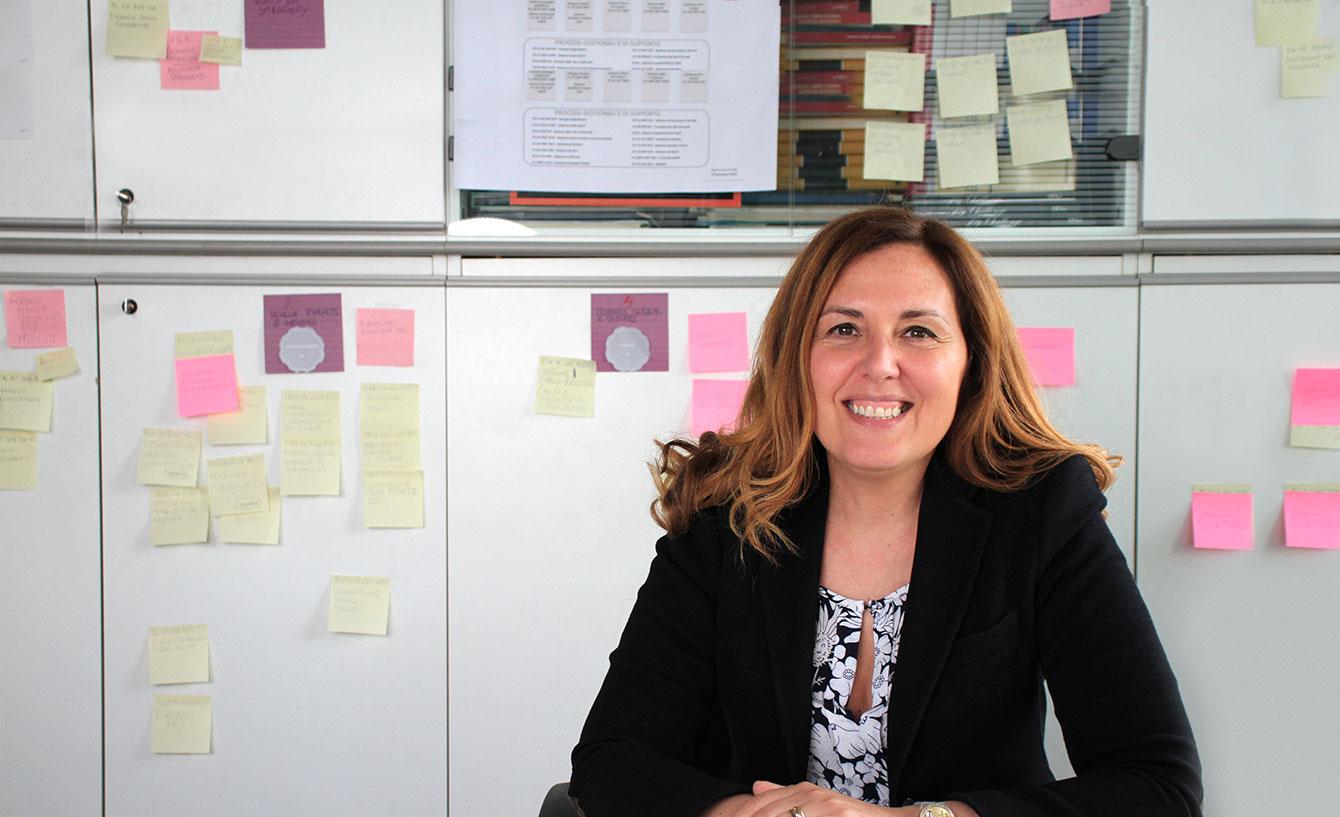Antonella Raganato, Polti Quality Manager, explains the importance of quality as an driver of change and a lever for skills growth.
What do you mean by Quality and in which areas of business can it be applied?
By Quality I mean the characteristics of a product /service produced by a more or less complex relationship of processes and resources, characteristics that can meet or exceed the expectations of the recipient of the product/service. Quality in this sense is applicable not only to products and services offered by a business organisation, but to any circumstance and context of life that involves a customer-supplier relationship.
Which are the competence that can add value and can be improved?
When I speak about resources, I don’t mean only technical or structural resources, but also and most importantly people. People involved in the process of Quality generation represent, at every level, the cornerstone of the process: if even some of them are not adequately involved, trained and focussed on the common goal, the results risk not being achieved.
The fact of often having to face new markets or new expectations necessarily requires a systematic analysis of the suitability of the organization’s skills and knowledge, thus triggering the process of change and improvement.
Within this vision some competences are fundamental:
- Listening: to satisfy the needs, to know and to be listening is the first step towards the achievement of the goal, whatever subject is to be satisfied.
- Goal orientation: it’s an attitude, but in terms of quality it becomes a specific competence in terms of understanding and applying a method.
- Teamwork: the process-people matrix generates the need to raise at all levels and roles, together with individual skills, the overall vision and the ability to relate with the team
- Ability to adapt to the situation: the context in which the objective has been defined, especially in a business environment, is variable and can change in an unpredictable way. The ability to adapt should not be confused with improvisation or generic flexibility: it is a precise skill that is developed by learning and applying risk management methods
Not necessarily everyone in an organization should have these skills developed to the same level; the advantage of organizations like Polti is to be able to reach a high level of skills as a group, sharing and mutually enriching the skills of individuals.
Quality assumes a strategic value in the competitiveness of a company. In Polti how does quality translate?
An organisation can become competitive via the analysis of external elements such as attentive and continuous listening to its customers and the market in general, but also by the promotion of continuous improvement within the company and its efforts to eliminate inefficiencies.
And today, quality management at Polti provides valuable information for analyzing product and process performance, for initiating improvement processes and for eliminating inefficiencies.
Recently, the Layered Process Audit was introduced into the company: an important tool for improvement that allows the detection of process errors during short duration audits, between 5 and 15 minutes at most, but done frequently. The goal is to have a constantly updated picture, but above all to remove errors and inefficiencies quickly.
Tell us about the results achieved and the most difficult challenge you’ve had to face.
Last year Polti faced the transition to the new ISO 9001 standard, having to deal with the new requirements related to the Analysis of the Context and the approach to Risk. It was a challenge, as project manager, because when an organization has achieved a high level of maturity, security can be the biggest obstacle.
The success of the adjustment process, however, has been determined by various factors in addition to training and explanation of the law. First of all the direct involvement of top management who have played an active part in the change project and certainly the skills of people involved in the project team and their open-mindedness to evaluate new approaches and seize the opportunities. This is how we have made our Management System another of our successes that we have celebrated this year in renewing our ISO 9001 certification.


